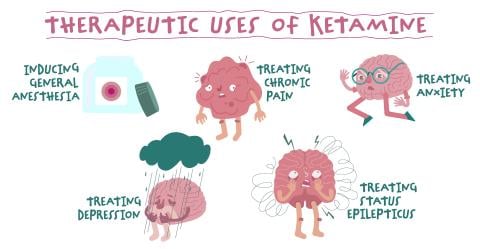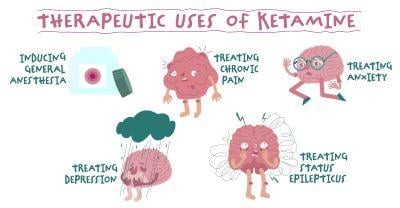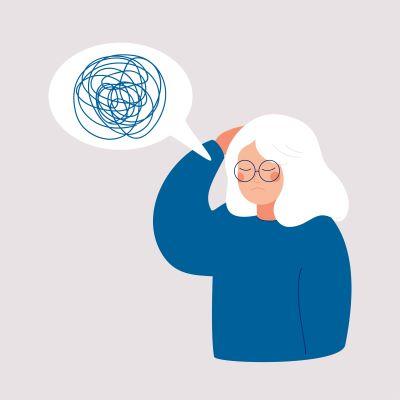Many people have trouble sleeping at times. But it's more likely after you have experienced an accident, war, assault, disaster, or other traumatic event. Trouble sleeping and nightmares are two symptoms of PTSD.
You may find you are sleeping too little, or too much, or having nightmares. If these symptoms don't go away, get worse over time, or interfere with your daily life, it might be time to see a doctor.
Sleep Issues:
-
Sleep disturbances are reported in over 70% of individuals with PTSD.
-
Burgeoning evidence suggests that sleep disturbance is not merely a symptom of PTSD but instead plays a role in the development and maintenance of posttraumatic stress symptoms.
-
Multiple longitudinal studies have indicated that pre-trauma or peri-trauma sleep disturbances contribute to the prediction of new-onset PTSD.
-
In trauma exposed individuals, sleep disturbance is a stronger predictor of future PTSD than posttraumatic stress symptom severity.
-
Following treatment for PTSD, residual sleep disturbances can increase the risk for PTSD relapse.
- Implications:
- Addressing sleep disturbances following trauma exposure may decrease the risk for PTSD.
- Clinicians need to be aware that sleep disturbance can diminish the efficacy of PTSD treatments, especially when they rely on extinction and consolidation processes.
- Clinicians may incorporate evidence-based sleep treatments into the standard of care for the prevention or management of PTSD.
- Implications:















